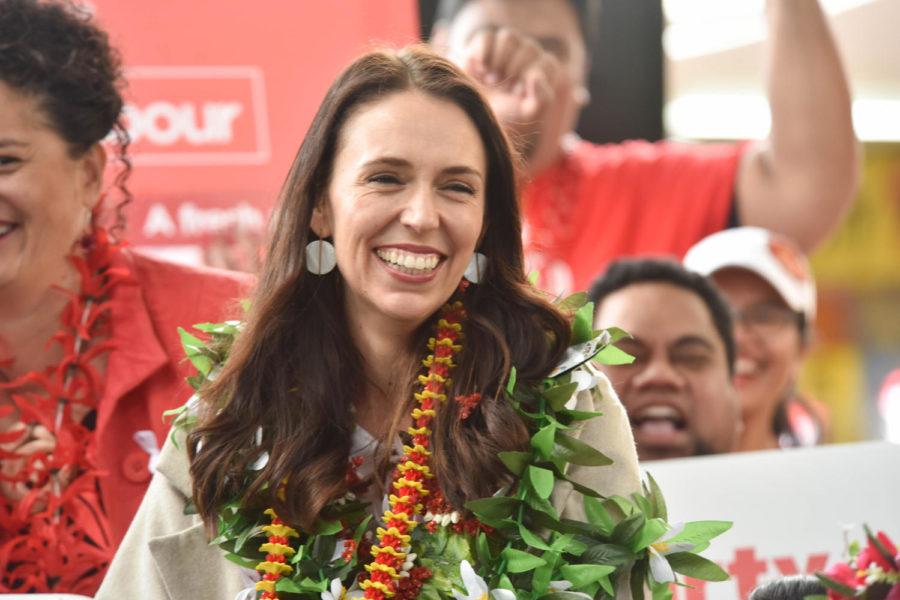President Donald Trump is known for his off-the-cuff remarks in speeches and interviews, but it’s highly unlikely we’ll ever see the day when laundry or his baby’s birth is the topic up for discussion.
When you sit down to watch an interview with a world leader, you expect to hear questions concerning policy, recent events and current national issues — and for men, that’s usually how it goes.
But for Jacinda Ardern, New Zealand’s new prime minister, questions probing her personal life are nothing new — it’s a disappointing reflection of the double standard women in politics face all over the world.
Sunday evening’s “60 Minutes” episode in Australia featured journalist Charles Wooley repeatedly berating Ardern with questions about her pregnancy and private life with partner Clarke Gayford, ranging from unsavory to cringeworthy.
“There is one, really important political question I want to ask you,” Wooley said. “And that is, what exactly is the date the baby’s due?”
Clearly, Wooley’s idea of a “really important political question” has nothing to do with politics. If it did, he could’ve asked Ardern about her extensive work in New Zealand’s Labour Party, which she scooped out of a series of four consecutive election defeats and led to victory last fall, or her work on introducing policy to slash the number of New Zealand children living in poverty.
But Wooley’s insistence to keep the focus on Ardern’s own child was more than a missed opportunity to learn more about the issues pertinent to New Zealand citizens — it pointed to a worldwide trend that backs women in politics into a domestic corner during interviews.
The Huffington Post published an article in 2015 in which they interviewed four men in politics about raising their children and maintaining a “work-life balance,” topics women deal with so frequently.
Sen. Sherrod Brown, D-Ohio, pointed out the disparity he sees between interviewing male and female politicians.
“I was a single parent for about 16, 17, 18 years,” Brown said. “I would occasionally get questions that way then. But not much. It really is what you people — meaning reporters — ask women, not men, as you know.”
This kind of awkward, sexist interviewing can elicit some equally awkward answers — which is exactly what happened after Wooley continued to poke and prod at the exact date of Ardhern’s baby’s conception during an interview.
“I should add that the election was done,” Ardern said uncomfortably. “It was over. Not that we need to get into those details.”
Indeed, they did not need to get into those details. And this kind of inappropriate talk wasn’t isolated, either. It permeated the segment from beginning to end.
Wooley set the uncomfortable tone for this interview before it even began, saying on television before the “60 Minutes” episode that he and his crew were “completely smitten” with Ardern.
“I’ve met a lot of prime ministers in my time,” Wooley said at the start of the episode. “But none so young and not so many so smart, and never one so attractive.”
Perhaps as Ardern’s term as PM wears on, people like Wooley will start to see her not primarily as a baby-making machine, but as a powerful political force. There is a place for private family life, and being tossed back and forth in national, politically-focused interviews is not it.


